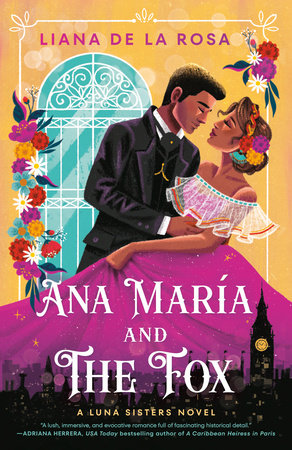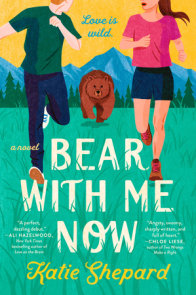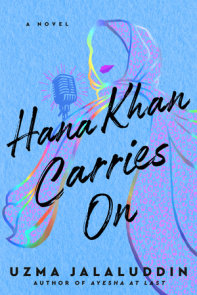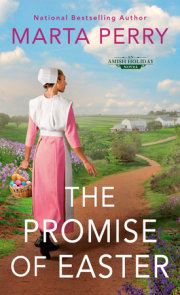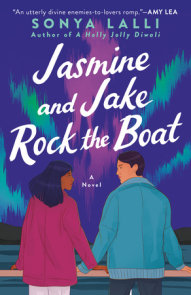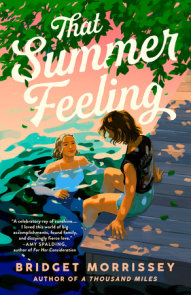READERS GUIDE
Reader’s GuideAna María and The Fox by Liana De la Rosa
Discussion Questions:
1. Ana María and her sisters are members of the criollo class (the Mexico-born children of Spanish parents), a status that rewarded them with a certain amount of social clout in Mexico. In what ways did their privilege and social status change when they arrived in London, and how did it stay the same?
2. Ana María told Gideon that he was “cut from the same cloth” as her father. Why do you think she made that comparison? Do you think it was an accurate assessment?
3. Ana María’s, Isabel’s, and Gabriela’s personalities reflect their birth orders in many ways: the pressure Ana María feels to be perfect; Isabel’s drive to be useful; Gabby’s need to be seen. How do you think your birth order—or your experience as an only child—has affected you?
4. The Luna sisters grew up in an environment that fostered competition rather than interpersonal relationships, but their time in London helped Ana María, Isabel, and Gabby form sisterly bonds for the first time. How do you think this deeper level of sisterhood helps them?
5. Male friendship is important in the world of the Luna sisters, especially for Gideon, who grew up in very different circumstances than the people he now works and socializes with. His close friendships with Sebastian, the Duke of Whitfield, and Captain Sirius Dawson prove invaluable when Ana María is abducted. Do you enjoy reading about male friendships? Why or why not?
6. Gideon and Ana María encounter microaggressions throughout the book; Gideon because he’s a Black man in a position of power and Ana María as a foreign woman of color in a predominantly white space. How do you think these microaggressions shaped how they moved through society?
7. While attending the house party at Tyrell Manor, Gideon muses on how much of the wealth accrued by the ton over the generations was derived from the exploitation of peoples throughout the British Empire. When reading historical narratives, do you like seeing behind the curtain of gentility and wealth, or do you prefer the history to be romanticized?
8. The effects and evils of colonization are touched upon throughout the book. Which of the observations that Ana María and Gideon make are still accurate now?
9. How do you think the ton and fellow members of Parliament reacted to Gideon and Ana María’s marriage?
10. At one point, Gideon feels as if he has to choose between his work and the spark he feels with Ana María. When reading a historical romance, do you prefer the leads to instantly give into their attraction, or do you enjoy a slower burn?
11. Pressure from society is a huge aspect in this book and the historical romance genre overall. How do you feel when you read about the way people once cared so deeply about societal etiquette and norms . . . and do you think that concern has really changed?







